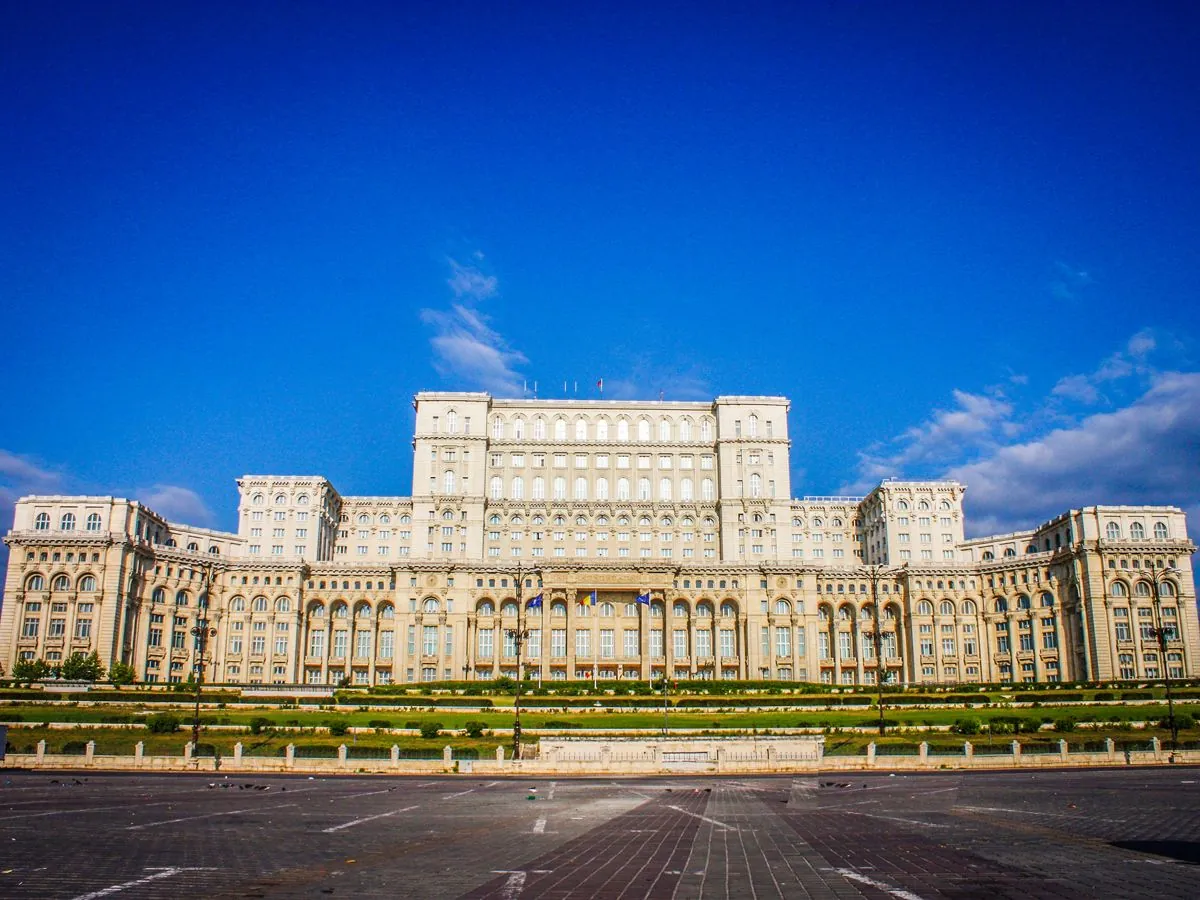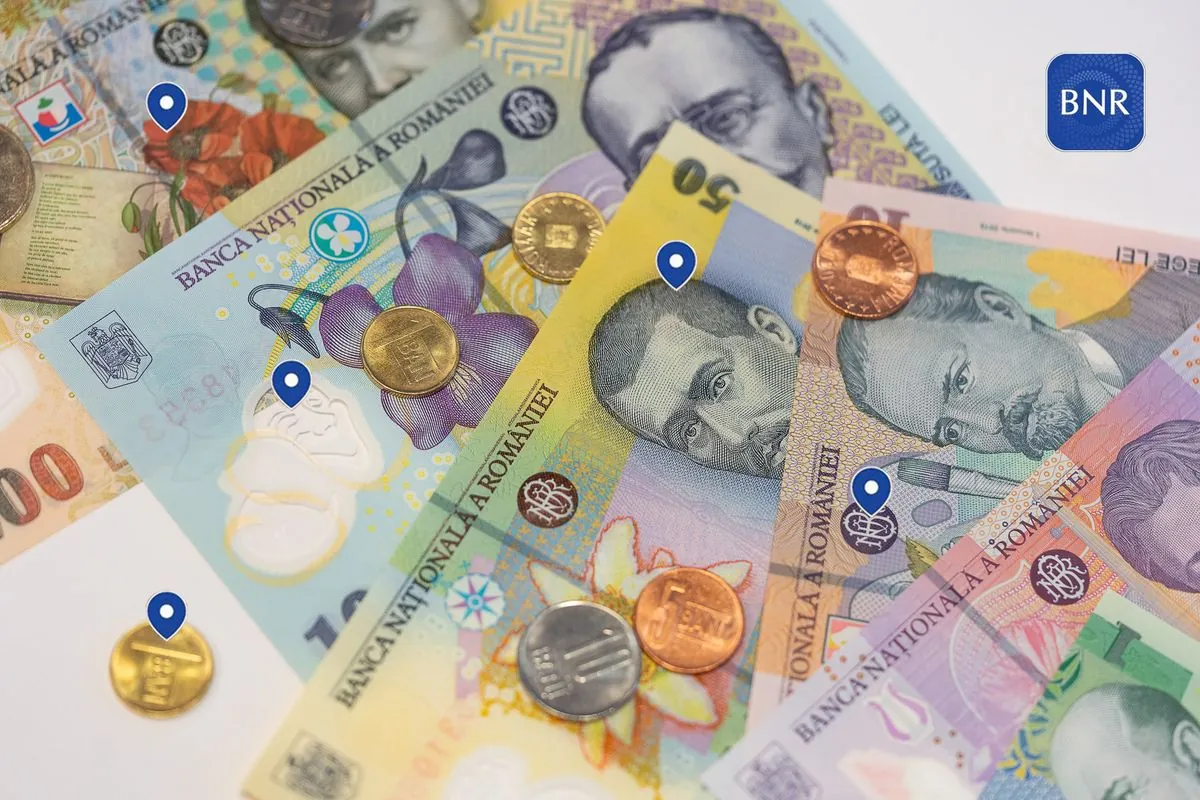Romania's Central Bank Board Set for Approval Amid Economic Challenges
Romania's parliament prepares to approve the central bank's new board, led by long-serving Governor Mugur Isarescu. The bank faces inflation and deficit challenges ahead of upcoming elections.

Romania's parliament is poised to approve the new board of the National Bank of Romania on October 2, 2024, following endorsement from budget finance committees. This development comes as the country grapples with economic challenges and prepares for upcoming elections.
Mugur Isarescu, who has held the position of governor since 1990, is set to continue leading the central bank. At 75 years old, Isarescu is recognized as the world's longest-serving central bank governor. His reappointment underscores the continuity in Romania's monetary policy leadership.
The National Bank of Romania, established in 1880, faces significant economic hurdles. In July 2024, it became the last central bank in Central and Eastern Europe to initiate rate cuts. This delay was attributed to fiscal slippage and tax changes that slowed the decline in inflation.
"The objective remains ... to lower inflation without causing recession. Given the size of the fiscal budget deficit, recession is the last thing we need."
With presidential and parliamentary elections scheduled for November and December 2024, the central bank's ability to further reduce the benchmark rate is constrained by widening budget and current account deficits. These economic factors present a major challenge for the incoming government, which may need to implement tax increases to address fiscal imbalances.
The bank's nine-member board, nominated based on parliamentary seat distribution, includes Florin Georgescu and Leonardo Badea continuing as deputy governors. Cosmin Marinescu, a former adviser to President Klaus Iohannis, joins as a new deputy governor.
Romania, which joined the European Union in 2007 and NATO in 2004, has experienced significant economic and political changes since the fall of communist rule in 1989. The country boasts the 46th largest economy globally by nominal GDP and has a diverse landscape encompassing the Carpathian Mountains and the Danube Delta, a UNESCO World Heritage site.
The central bank's forecasts project inflation to decrease from 4.0% in December 2024 to 3.4% by the end of 2025. However, these projections are subject to uncertainty due to potential policy changes following the elections.
Romania's economy, characterized by its mixed nature and high Human Development Index, faces both opportunities and challenges. The country has a growing IT sector, known for fast internet speeds, and possesses the largest petroleum reserves in Eastern Europe. However, it must balance economic growth with fiscal responsibility and inflation management.

As Romania navigates these economic complexities, the central bank's role remains crucial in maintaining stability and fostering growth. The country's rich cultural heritage, diverse geography, and strategic position in Eastern Europe continue to influence its economic trajectory and policy decisions.


































